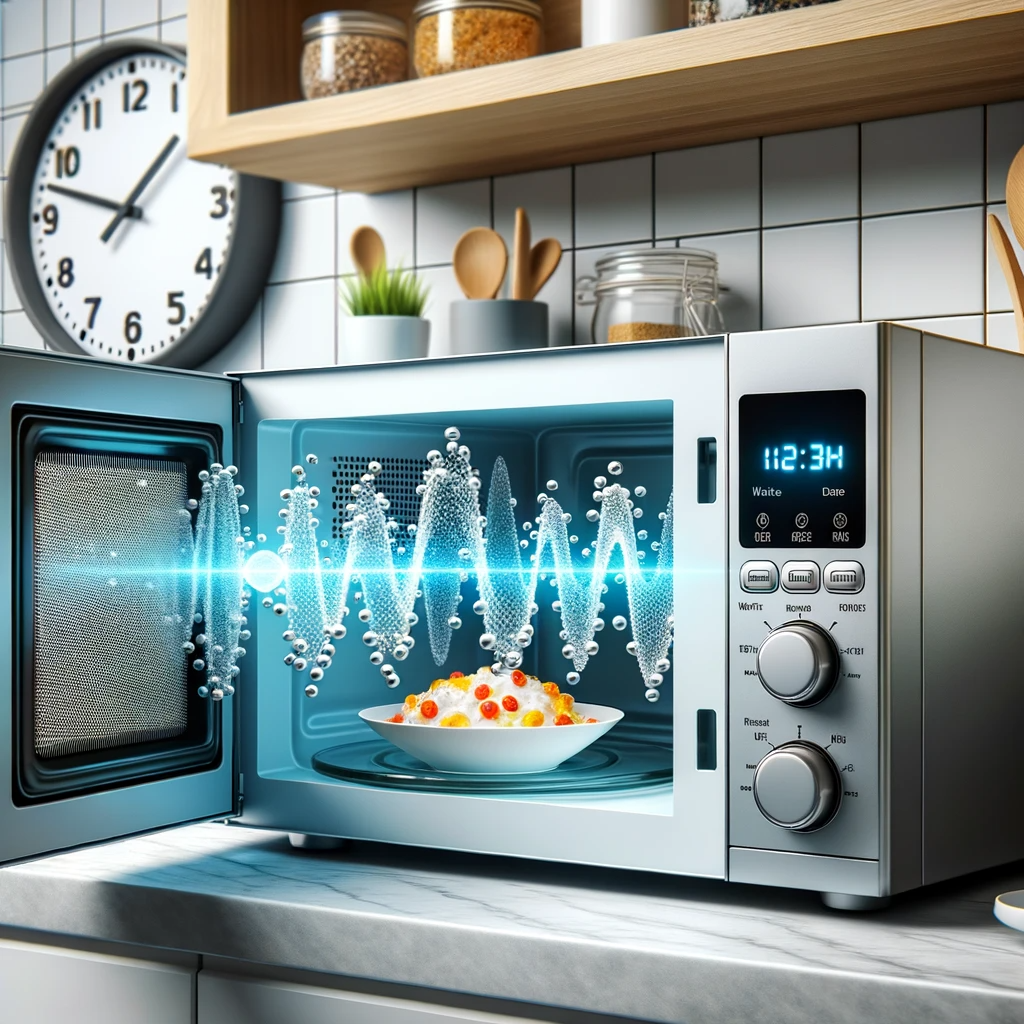The Surprising Energy Facts of Microwaves: Clock vs. Heat
Microwaves have become an essential appliance in our kitchens. They're known for their efficiency in heating food quickly. But have you ever wondered about their energy consumption? You might be surprised to learn that there's a twist when it comes to the energy use of the microwave's clock compared to its heating function.
Microwave Basics
Before diving into the energy twist, let's understand the basics of how a microwave works. Microwaves use electromagnetic waves to heat food. These waves excite the water molecules in the food, causing them to move faster and produce heat.
Energy Consumption: The Heating Function
When you think of a microwave consuming energy, you probably think of the moments when it's heating your food. After all, that's its primary function. During this process, the microwave uses a significant amount of energy to produce the electromagnetic waves that heat your food. This energy consumption is usually in the range of 600 to 1200 watts, depending on the microwave's power rating.
The Clock's Energy Use: The Twist
Now, here's the twist. While the microwave's heating function uses a lot of energy in short bursts, the microwave's clock, which runs continuously, can end up using more energy over the course of a year than the heating function! This might sound surprising, but let's break it down.
The clock on a microwave typically uses a small amount of energy, but it's running 24/7. Over the course of a day, this energy adds up. Over weeks and months, it becomes significant. In contrast, the heating function, although power-hungry, is only active for a few minutes a day on average.
Why Does This Matter?
Understanding the energy consumption of our appliances is crucial for several reasons:
- Environmental Impact: Reducing energy consumption can help decrease our carbon footprint.
- Cost Savings: Being aware of energy guzzlers in our homes can lead to potential savings on our electricity bills.
- Efficiency: Knowing how our appliances consume energy can lead to better usage habits and more informed purchasing decisions.
Tips for Efficient Microwave Use
To make the most of your microwave's energy consumption:
- Limit Standby Time: If you don't need the clock function, consider unplugging the microwave when not in use.
- Heat Efficiently: Use the microwave for reheating small portions or defrosting, as it's more efficient than using an oven for these tasks.
- Regular Maintenance: Ensure the microwave door seals properly and clean it regularly to ensure efficient operation.
Conclusion
Microwaves are a marvel of modern technology, offering quick and efficient heating. However, it's essential to be aware of their energy consumption patterns. By understanding the surprising fact about the energy use of the microwave's clock versus its heating function, we can make more informed decisions about our appliance usage and contribute to a more sustainable future.










